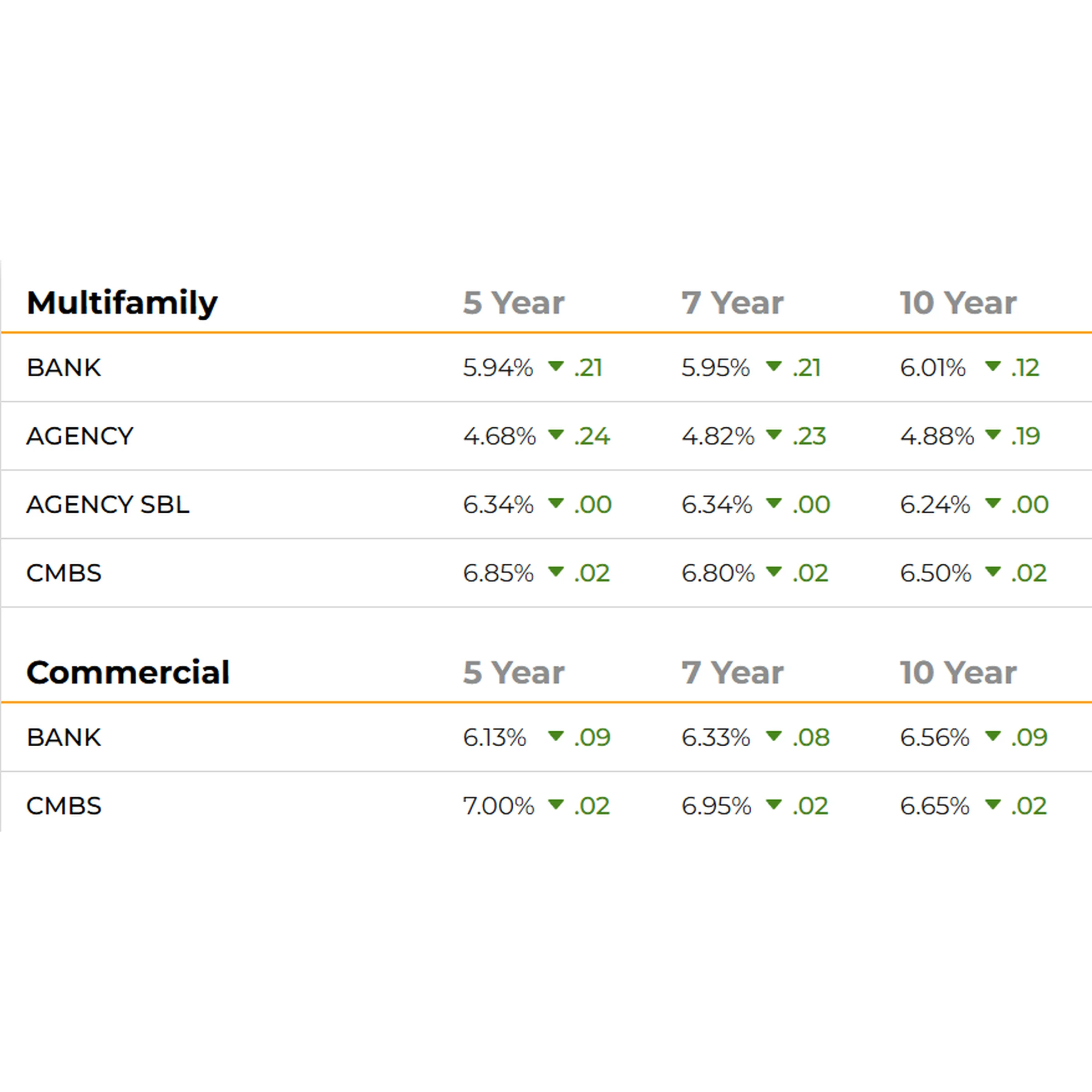In the weeks following a tough round of cost-cutting and layoffs, there’s plenty to lament in the commercial real estate industry, but for certain niche markets, property types, and service lines, these recessionary market conditions present a set of opportunities in the coming year.
Funding and investment will shy away from the battered office market and toward alternative opportunities, such as asset and portfolio management, distressed assets, and housing alternatives.
The money will also follow firms and brokerages with adequate talent and experience to tap into these smaller sectors and those with the management expertise to make the most of existing portfolios as deal counts decline, according to analysts and industry leaders.
“These niche sectors are becoming mainstream in the sense that people see them truly as a place to invest," said Anita Kramer, senior vice president at the ULI Center for Real Estate Economics and Capital Markets.
But these concentrated sectors often have limited room for growth, increasing competition between a larger pool of investors looking to branch out and perhaps chase the same deals, Kramer said.
“The options are shrinking, but the right option can be very good,” she said. “There’s a sense that these opportunities aren’t as big as the major sectors.”
Existing portfolios, placed under more pressure to perform, will help shape the job market, and firms will hire differently, said Spencer Burton, Stablewood Properties partner and head of real estate developments.
The economic and interest rate environment has placed many investors in a wait-and-see mode, suggesting that there will be a higher value placed on the performance of asset managers and portfolio management, especially in the near term, he said. Moving into a new cycle will also place more value on those who can work with debt and distressed property.
“The big opportunities for 2023 will be in forced asset sales and distressed debt,” Bullpen CEO Tyler Kastelberg said. “We're hearing more and more murmurs about sponsors being required to put more cash into a deal in order to refinance it out of a bridge loan into long-term debt. When they can't come up with the cash, they are forced to put the property on the market. Per some of my broker contacts, this is becoming more and more common.”
This means asset managers are going to “be the star of the show,” he said, as distressed assets typically require a greater degree of management and a steady hand to turn around.
Another risk factor portfolio owners will seek to mitigate is climate change, BREEAM U.S. Director of Operations Breana Wheeler said. Investors, especially those operating in high-risk regions with older, less stable assets, will seek to remedy these risks by allocating increased capital toward retrofit projects that improve operational efficiency, mitigate physical climate risks, and address transition risks. like potential obsolescence and rising insurance costs.
“This will be especially important to investors as legislation passed in 2022, like the Inflation Reduction Act, and new regulations looming for 2024, like the pending enforcement of Local Law 97, concurrently amplify the fiscal penalties and financial rewards associated with heavy building emissions and emission reduction,” Wheeler said.
Amid these different sources of uncertainty, the relationship between tech, data, and real estate, specifically how better data analysis can support or supplant decision-making in an industry that likes to think it runs on experience and intuition, will put data scientists in much higher demand, Burton said. It has been a consistent theme in CRE hiring outlooks, especially during downturns, that the industry’s slow adoption of tech and desire for more certainty means data-driven decision-making is becoming more vital.
“It's kind of a reshuffling of the deck as we move into a new cycle,” Burton said. “Your growth is going to come from noncore subtypes, so if you’re an employee with those skills, there’s a real opportunity.”
Self-storage is one of many niche property sectors expected to see rising investment in 2023.
Burton pointed to self-storage, student housing, build-to-rent, and single-family rental, as well as manufactured housing, as subsegments in which demand, in many cases due to a growing rental population, will increase the need for specialists in alternative housing types. There’s increasing demand for the institutionalization of these subtypes, so those who understand the financing behind these transactions will be very busy.
“We think of real estate in terms of strategy, sponsor, and structure: Strategy is someone who understands the property types and opportunities,” he said. “A sponsor is someone who understands how to operate the property, and structure is an individual experienced in the capital and capital stack. It’s going to be all of the above that have opportunities over the next decade.
The growing need for rental properties will also continue to fuel growth in multifamily, AmTrustRE President Jonathan Bennett said. Space constraints will mean that entrepreneurial developers will need to work with municipal and zoning boards to increase potential development sites that feed the country's housing stock and focus on conversions.
“As the conversation around office-to-multifamily conversions progresses, we can definitely expect to see traditional commercial developers shift a portion of their focus to apartment properties,” Bennett added. “Investors and developers without a significant multifamily track record will likely seek to partner with multifamily specialists that already have the expertise needed to successfully take on apartment development, or look to hire internally and expand their company’s core competencies from the inside out.”
Industrial, a powerhouse during the pandemic e-commerce boom, has seen retrenchment in recent quarters, but Kramer predicts more focus on the complexities of reshoring supply chains and building up backstock of supplies to overcome any supply chain hiccups.
Another aspect of industrial that shouldn’t be overlooked is manufacturing and onshoring, Burton said. From a real estate standpoint, the growth in new factories and manufacturing centers will require specific land acquisition and construction and development, but he also predicts more business for business development and location specialists, as well as those who understand how to build new housing for the growing workforces these centers will attract.
And finally, the office shouldn’t be completely written off. While there will be plenty of Class-B and C spaces, especially in certain central business districts struggling for tenants, there’s still a healthy, albeit limited, appetite for trophy office space. Footprints will be smaller due to large shifts to hybrid work, but the sector has become highly bifurcated, ULI’s Kramer said, with tenants seeking smaller, higher-quality spaces. Brokers who can understand new workplace realities and deliver on the need for high-end, shorter-term, quick-to-activate leases will do well, as well as designers and architects focused on spec offices and renovations.
“In addition to highly amenitized workspaces, companies will be interested in flexible lease terms for an office where they can expand or condense as needed, without compromising best-in-class features, to help them weather continued changes in the workforce and the broader economy,” Inspired by Somerset Development President Ralph Zucker said.







